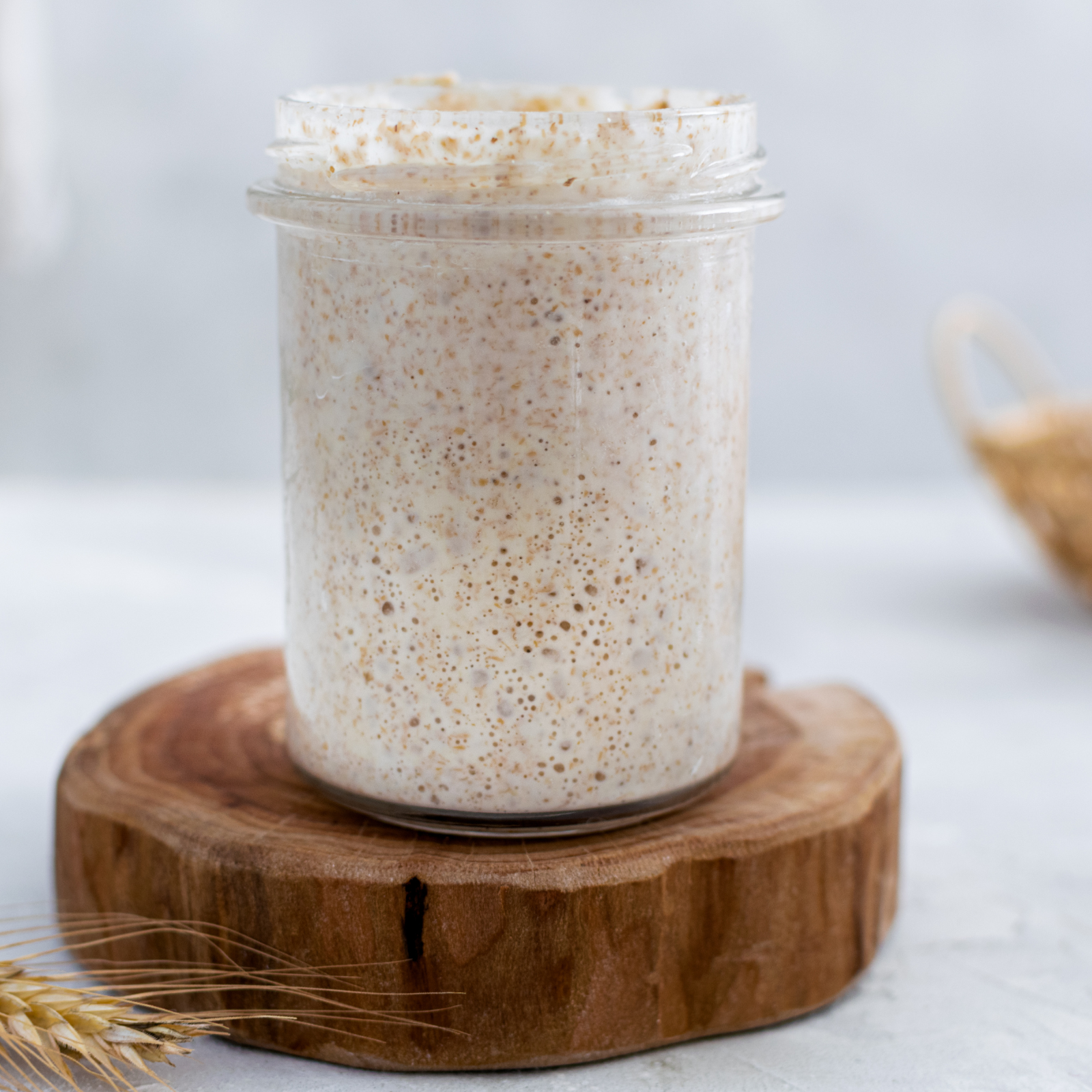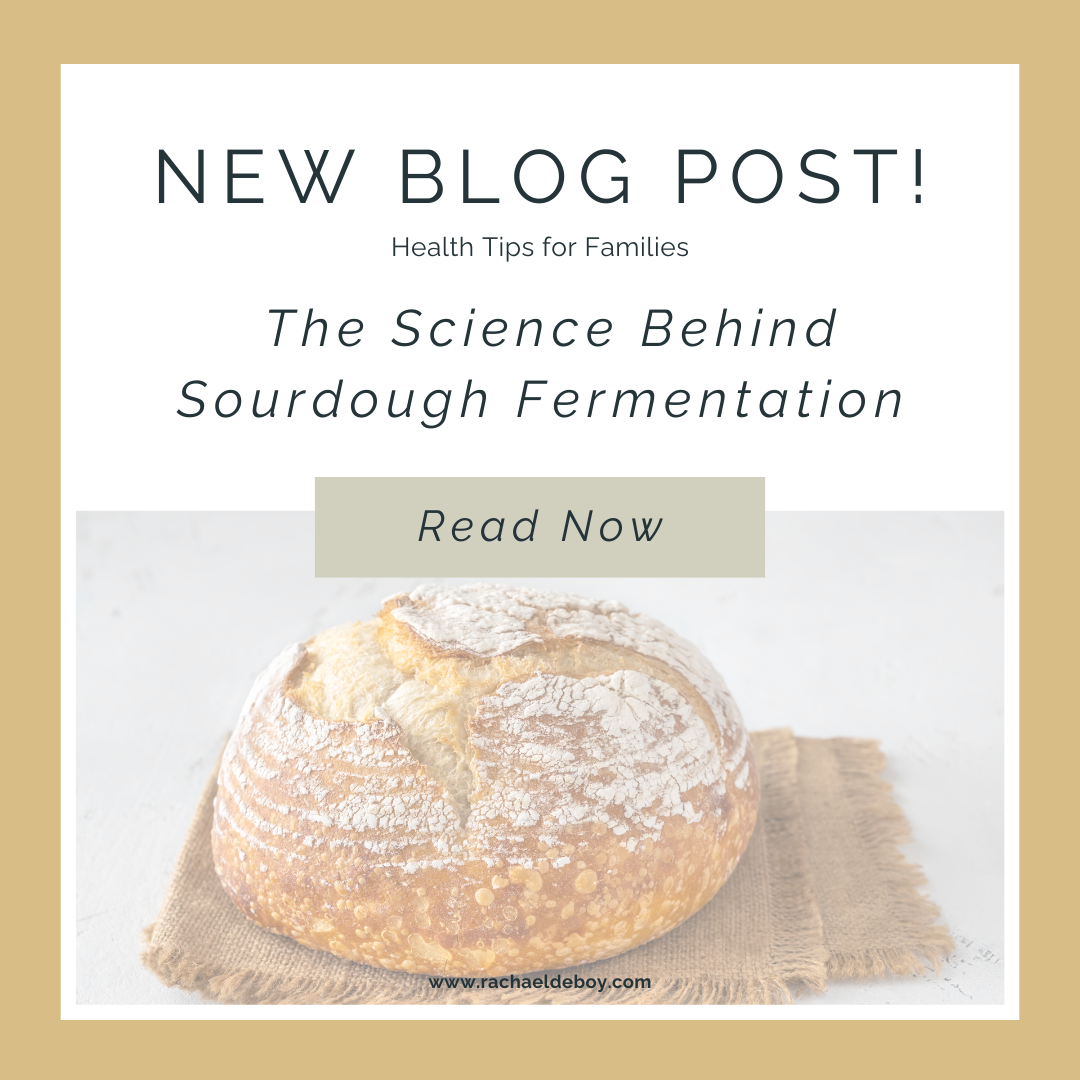How Fermentation Makes Sourdough Bread Better for You

The Science of Sourdough: How Fermentation Works
There’s something almost magical about sourdough—how just flour, water, and salt can transform into a flavorful, crusty loaf. But behind that magic is science—specifically, the science of fermentation.
Understanding how fermentation works not only makes you a better baker—it helps you appreciate the health benefits and digestive perks of real sourdough bread.
So let’s break it down: what’s really happening in that bubbling jar of starter and rising loaf of dough?
🧫 What Is Fermentation?
At its core, fermentation is a natural process where microorganisms break down sugars and starches. In sourdough, this means a symbiotic mix of wild yeasts and lactic acid bacteria are working together to transform flour and water into a living, breathing dough.
When given the right environment—warmth, hydration, and time—this community goes to work:
- Yeasts feed on the flour’s carbohydrates and produce carbon dioxide, which makes your bread rise.
- Lactic acid bacteria (think similar to what you find in yogurt or kimchi) create acids that give sourdough its tangy flavor and act as natural preservatives.
This is what makes sourdough so unique: natural leavening from a wild, balanced culture—not commercial yeast.
🌾 How It Benefits Your Bread (and Your Body)
Beyond flavor, fermentation brings real health benefits to the table:
✔️ 1. Easier to Digest
The lactic acid bacteria break down gluten and phytic acid (an anti-nutrient found in grains), making sourdough gentler on your gut and easier for your body to absorb nutrients.
✔️ 2. Lower Glycemic Impact
Because the fermentation process pre-digests some of the starches, sourdough has a lower glycemic index than conventional breads. This means less blood sugar spike and better sustained energy.
✔️ 3. Rich in Prebiotics
Sourdough acts as a prebiotic, feeding the beneficial bacteria in your gut and supporting overall digestive health.
🔬 What’s in the Starter?
Your sourdough starter is a microbial ecosystem all its own. It typically contains:
- Wild yeasts (e.g., Saccharomyces exiguus)
- Lactic acid bacteria (e.g., Lactobacillus species)
This combo is what gives sourdough its unique rise, structure, and sour flavor. No need for commercial yeast—the wild strains are just as effective, and arguably more complex in taste and texture.
⏳ Why Time Matters
Fermentation is a slow, patient process—and that’s a good thing.
Long ferment times:
- Increase digestibility
- Improve flavor complexity
- Break down anti-nutrients
- Help your dough develop naturally strong gluten without additives
I always say: You can’t rush sourdough. And once you taste the difference, you won’t want to.
🥖 Final Thoughts: The Art and Science of Sourdough
Fermentation is where the magic—and the health—of sourdough truly lives. It’s why so many people who can’t tolerate conventional bread often do just fine with sourdough.
When you nurture your starter and give it time to do its work, you’re not just baking bread—you’re crafting a loaf that’s deeply connected to tradition, science, and wellness.

Written by Rachael DeBoy
More From This Category

Essential Pantry Staples for Quick Meal Planning
Stock your pantry with the right staples and meal planning becomes a breeze. Discover the must-have dry goods, canned items, spices, and baking essentials every busy family should keep on hand to save time, money, and stress.

Essential Pantry Staples for Quick Meal Planning
Stock your pantry with the right staples and meal planning becomes a breeze. Discover the must-have dry goods, canned items, spices, and baking essentials every busy family should keep on hand to save time, money, and stress.

Essential Pantry Staples for Quick Meal Planning
Stock your pantry with the right staples and meal planning becomes a breeze. Discover the must-have dry goods, canned items, spices, and baking essentials every busy family should keep on hand to save time, money, and stress.

0 Comments